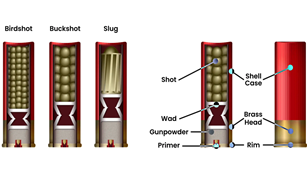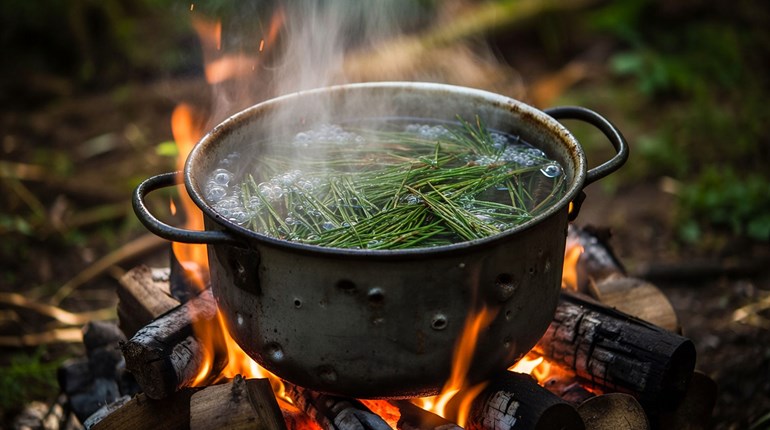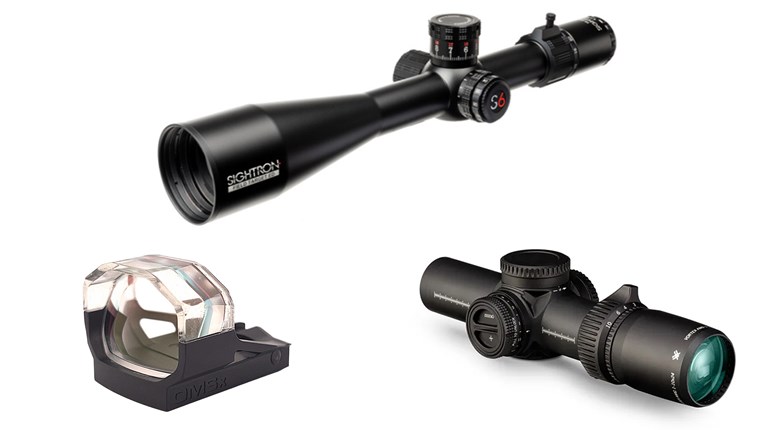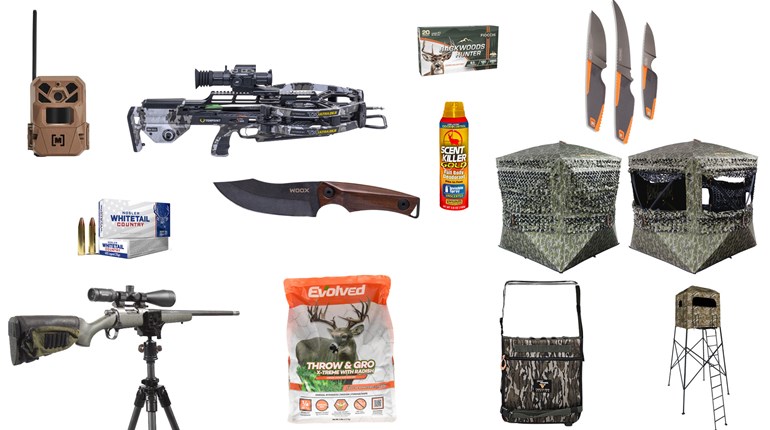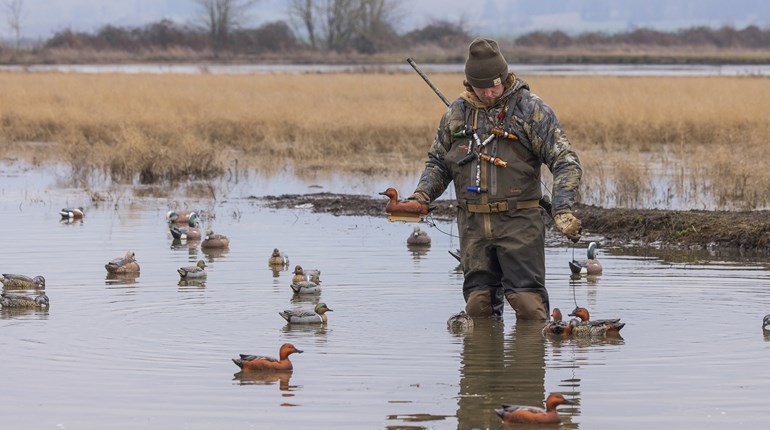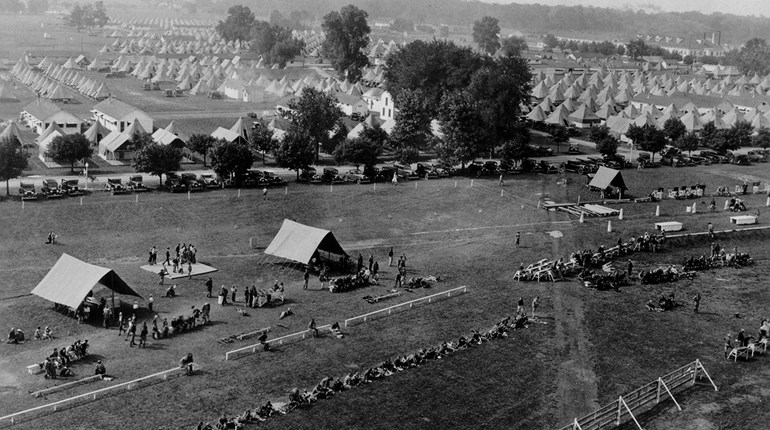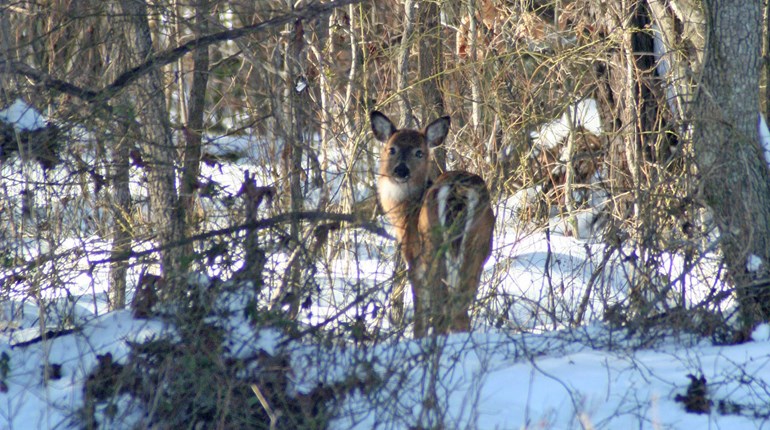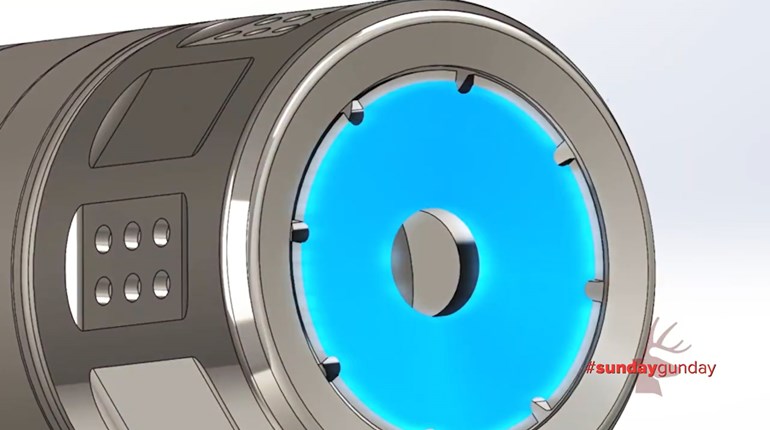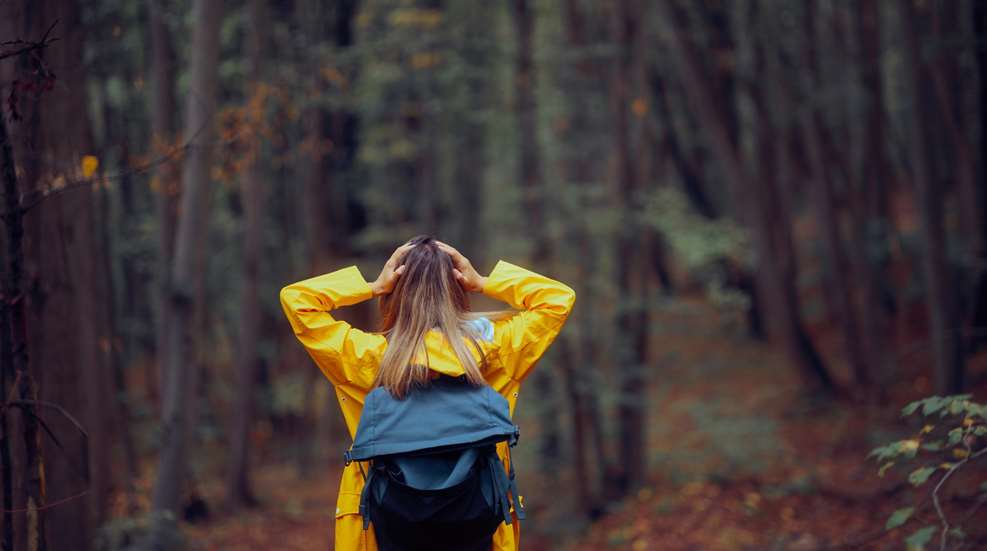
When it comes to survival, most of us imagine ourselves dropped into the middle of nowhere, like on a "reality" TV show. Chances are, most of us won't find ourselves being followed around by a film crew in extreme conditions as we fight to survive. On that note, coming out on top isn’t just about being tough. It’s about being smart, calm, and above all, prepared. Before your next adventure, be sure to learn about the Rule of Threes.
The Rule of Threes is a simple concept that is easy to remember. Under duress, we tend to forget even the basics, and that is why survival instructors teach this rule. It goes like this: You can survive three minutes without air, three hours without shelter (in extreme weather), three days without water, and three weeks without food. When simply referred to as “the rule of threes,” this concept may sound straightforward, but understanding its implications can be lifesaving.
Most people don’t consider air to be something they’ll be short on unless they’re trapped underground, submerged in water, or stuck in a smoky environment. However, the "three minutes without air" portion of the rule encompasses more than just oxygen deprivation. It’s about understanding how quickly panic, suffocation, or drowning can disable you. In a survival scenario, staying calm is just as important as having rescue tools on hand. Panicked breathing burns through oxygen faster, clouds judgment, and leads to poor decision-making. In these scenarios, it is of utmost importance to stop, breathe, and think. Panicking, simply put, will deplete your oxygen, and your ability to remain calm is the first thing you lose control of when fear takes over.
The average person doesn’t last long when exposed to extreme cold or heat without protection. In most emergency situations, hypothermia and heatstroke aren’t a sudden and dramatic ending to your life story; they are slow, sneaky threats. Hypothermia begins with shivering and poor coordination, and by the time confusion sets in, you might be too far gone to save yourself. If you're stuck out in a snowstorm or exposed to desert heat without shade, your time isn’t measured in days; it is measured in hours. That’s why knowing how to build a basic shelter, find protection in the natural land features, or even how to use something like a Mylar blanket can mean the difference between life and death.
Similar to the effects of extreme heat and cold, a body subjected to a lack of water intake will succumb to the effects of dehydration quicker than you may imagine. After about three days without water, your body will begin to shut down vital systems. While that may sound extreme, even after a short 24-hour period without water, you’ll notice declines in energy, coordination, and the ability to think clearly. In a survival situation, those are the exact skills you need to keep yourself safe. Water procurement, whether it's knowing how to use purification tablets or sourcing water from a freshwater stream, is one of the most important survival skills. Bonus tip: Never assume clear water is clean water. Always purify it first.
Lastly, there is the topic of food. Most of us have gone a few hours without eating, telling others that we were “starving.” However, the truth is that the average healthy adult can survive for around three weeks without food. That doesn’t mean you’ll be running marathons or solving complex math equations, but it does mean that your body can function, albeit sluggishly, for a surprisingly long time without that midnight snack each night. This is why food, while important, often takes a backseat to shelter and water when it comes to immediate survival priorities.
What makes the Rule of Threes so valuable is that it gives you a way to prioritize your actions when everything else seems to be falling apart. Let’s say you are hiking and get turned around deep in the backcountry. Your phone is dead, the sun is dipping low, and your stomach is growling like a grizzly. Do you go hunting for something to eat to sate that hunger? No. You find or build shelter, conserve body heat, and settle in. If there’s no danger of freezing or overheating, then you focus on locating water. You only worry about food once those first two needs are handled.
Now, here’s the part many people overlook. The Rule of Threes isn’t just for wilderness survival, as it applies to emergencies occurring in a more urban area as well. If a power grid goes down in the middle of winter, you may be faced with a shelter crisis. If you find yourself trapped in a building that has collapsed or a car underwater, you are going to be facing an air-related emergency. If you become lost during a road trip or hike with no water in sight, staying hydrated becomes a genuine concern. The environment may change, but the hierarchy of human survival remains constant.
It’s also worth noting that while these “threes” are averages, they’re not guarantees. Children, the elderly, and people with health conditions may have far less time before falling way to lack of water, food, air, or proper shelter. High altitudes, humidity, illness, or injury can drastically change your survival window, and that is why preparation is key. Knowledge, practice, and a calm mind are your best gear in these survival situations.











